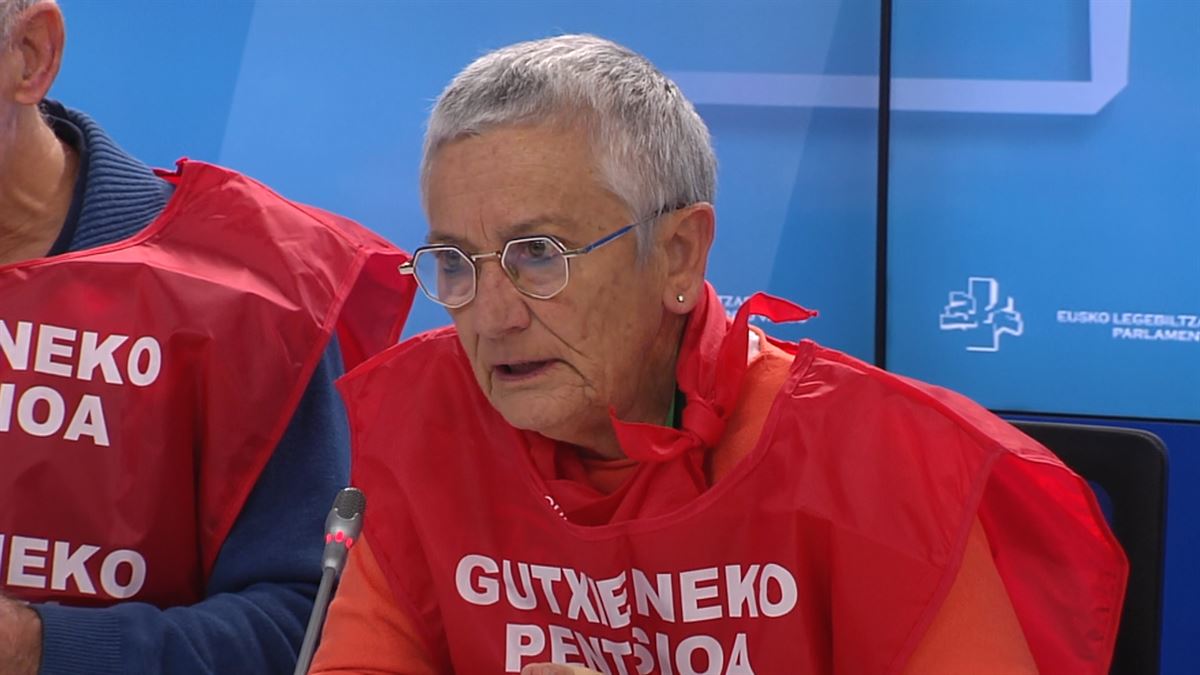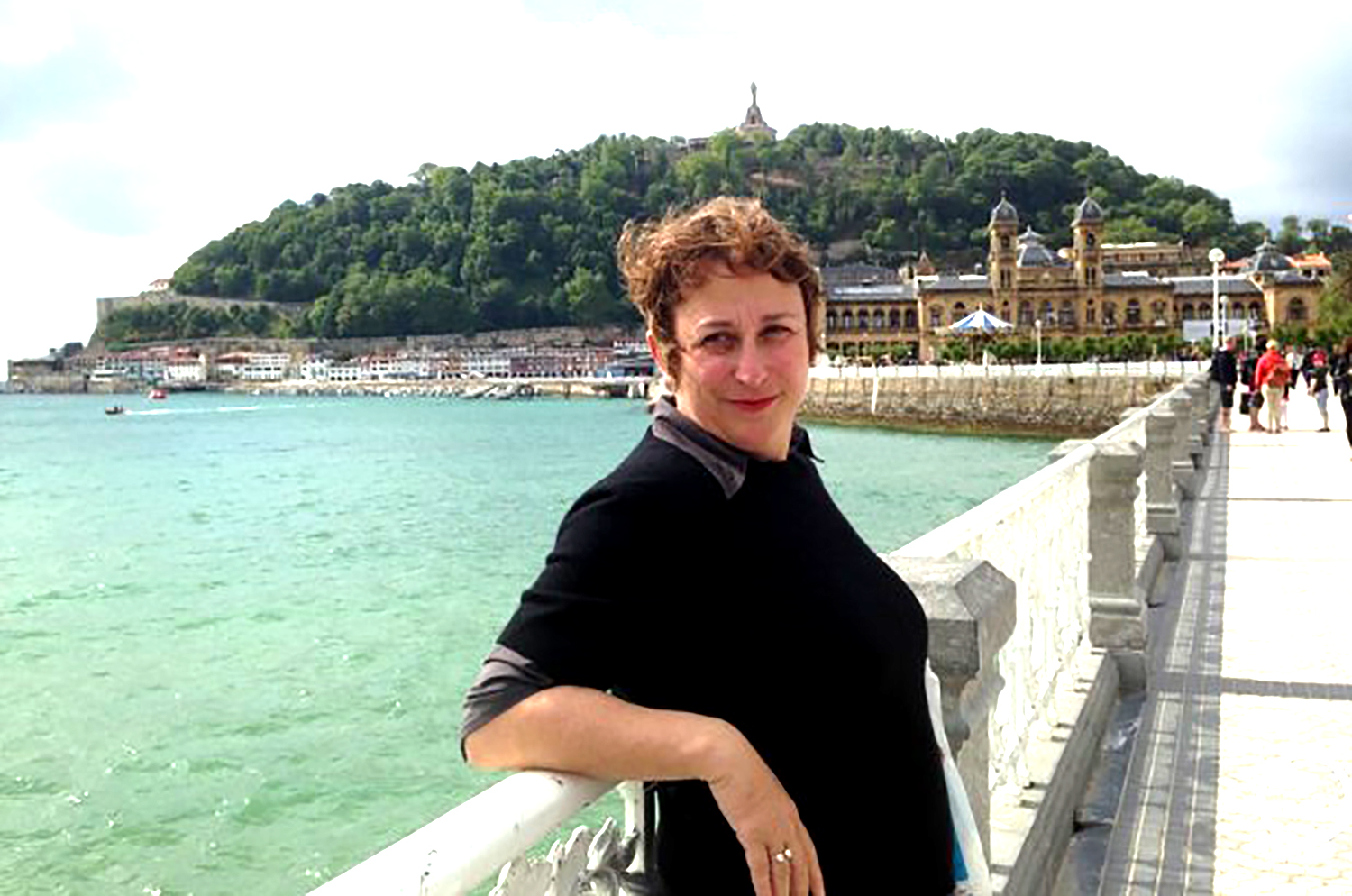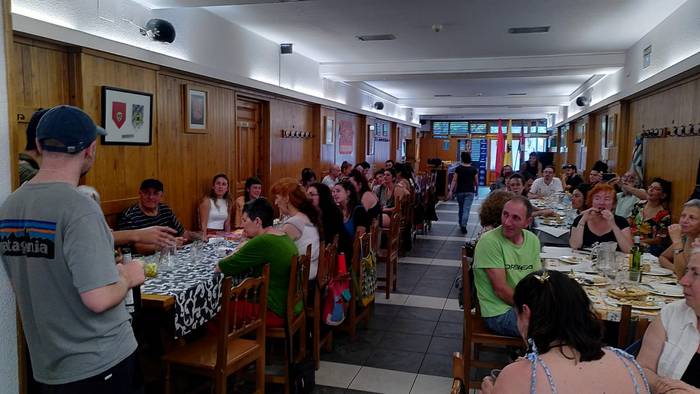"In intimacy, women also want to feel free."
- I'm Mari Paz Arrula, from Tafalla, and like 150 other women of all ages, I was recorded in the bathroom of a bar in our village, through the cameras placed by the owner of the venue.

The workers in the area realized the trick and it was they who denounced the boss. It seems to me that they applaud their courageous attitude to not covering the situation despite the uncertainty of their job.
When we were aware of what happened, we met all those involved in the case to discuss what to do. It has not been an easy situation, because in a people, where we are all known, it is very difficult to denounce. The process has been hard, as this is a case that affects the family of the aggressor and their closest environment.
In addition, the issue is delicate, because we don't all think the same; and everyone has made their choice. Some have preferred to overlook and forget the issue as soon as possible; others, on the other hand, have been in favour of making it public.
Many have had a very bad time and they're scared to think about where and who those images can be. In addition, these types of cases have generated mistrust among the population and many women feel insecure in dressing rooms, showers and public toilets.
Historically, women's intimacy has been in the spotlight, and beams' holes are an example of this. But as technology has been developing and making it cheaper, tools are more accessible and attacks have been transformed. In Euskal Herria we have known many recordings of this type in recent years; and in particular, six months over recent years. I find the data terrible, because we know that there is more that has been made public.
I am against prison, but I see that if we do not denounce them, the situation will never change. We do not seek an economic benefit, I would relinquish it, but we reiterate that this is not an aggression of this kind, to feel free even in privacy.
In addition, the law considers these cases as an attack on intimacy and not as machist violence. A small camera can be acquired by anyone and hide wherever you want. But it's no coincidence that women don't. With the use of new technologies, the essence of the desire to dominate is repeated – also eliminating the eternal excuse for men to be stronger.
It is clear that there is a great gap in this area in the penal code. That is why we have contacted the Parliament of Navarre and the Committee on Equality of the Foral Community of Navarre is working on this subject and on the law.
On 5 May we were in a working session in Parliament to explain our case and ask for legislation to be changed. In fact, Law 1/2004, of December 28, on Gender Violence in Spain, has become very obsolete. Sexist violence only refers to the aggressions committed by the partner or former partner and excludes many others that occur in the current system.
The Foral Law 14/2015, of April 10, against male violence, collects and understands the aggressions in a broader and more current way. It seems to me, however, that it stands upside down because it does not receive many forms of violence that actually occur.
The institutions have welcomed us and that is to be welcomed, because they have listened to us and because they have shown their willingness to work. But in addition to the awareness that has been conveyed to us, I call for a commitment to change things.
Basabürüako ibar eskuineko gazteek lehen maskarada arrakastatsua eman dute igandean, Lakarrin.
Iaz jarri zuten martxan lehenengoz Alde Zaharrean Jantoki Herrikoia. Auzokoak elkartu eta mahaiaren bueltan konpainian bazkaltzea da gakoetako bat. "Auzotarrak elkarren artean ezagutu eta komunitatea sortzea da gure nahia", azaldu du AZ Ekimeneko kide Asier... [+]









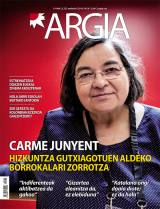

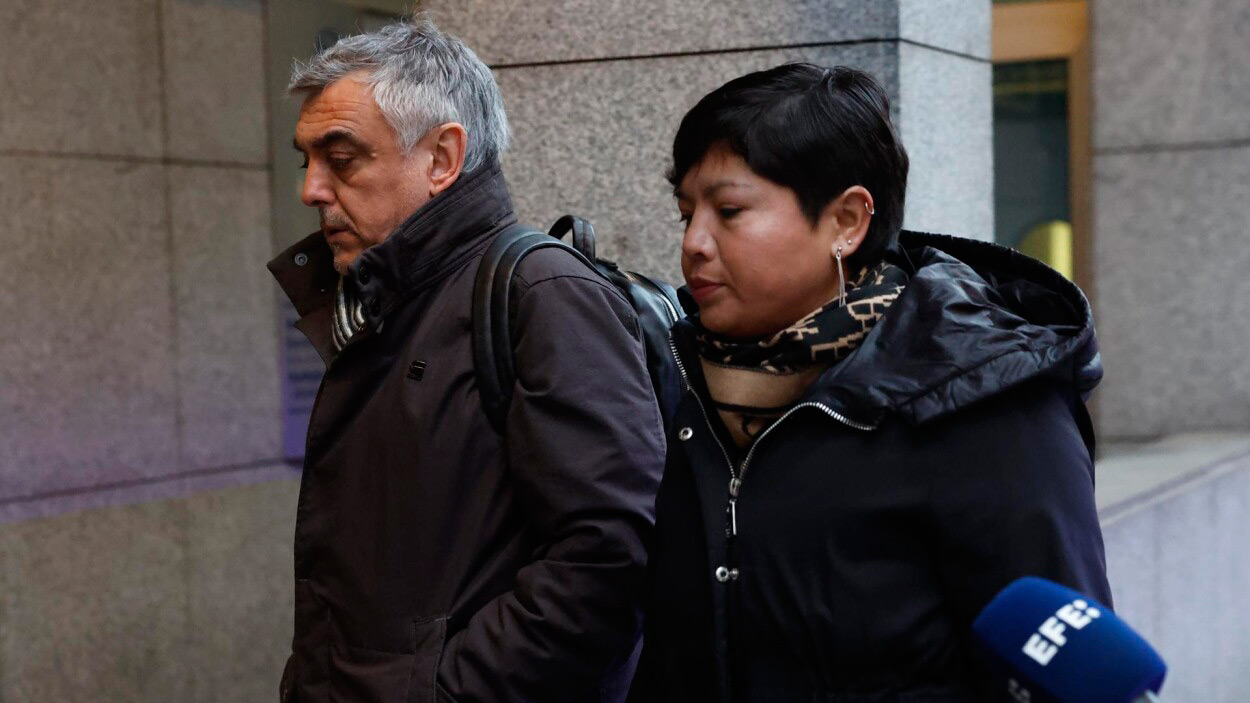
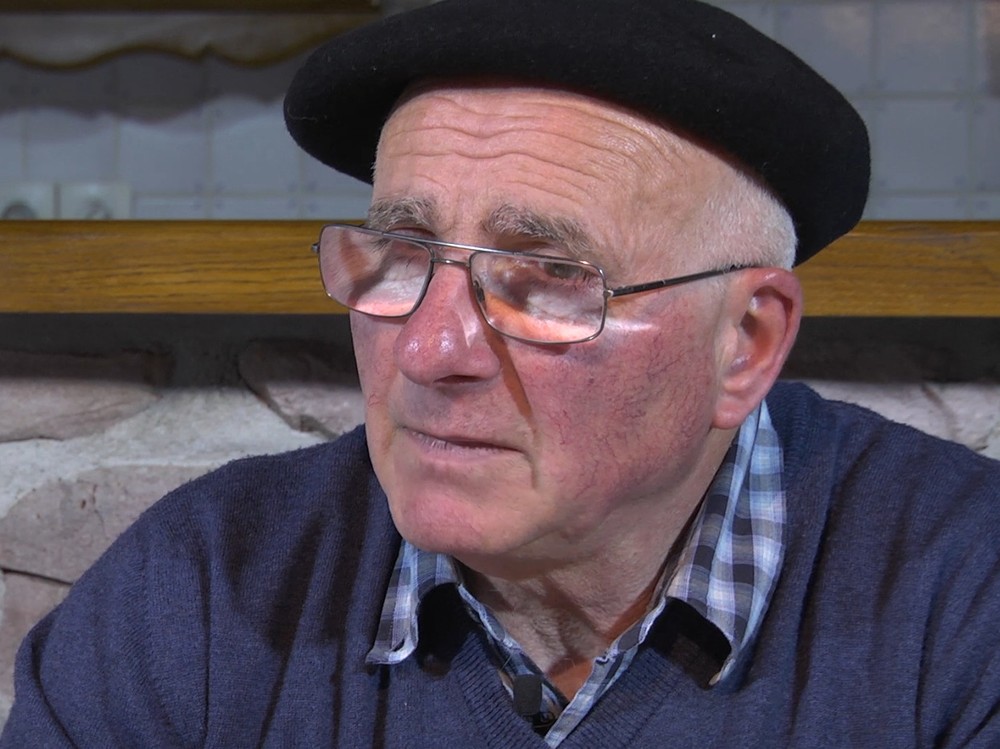



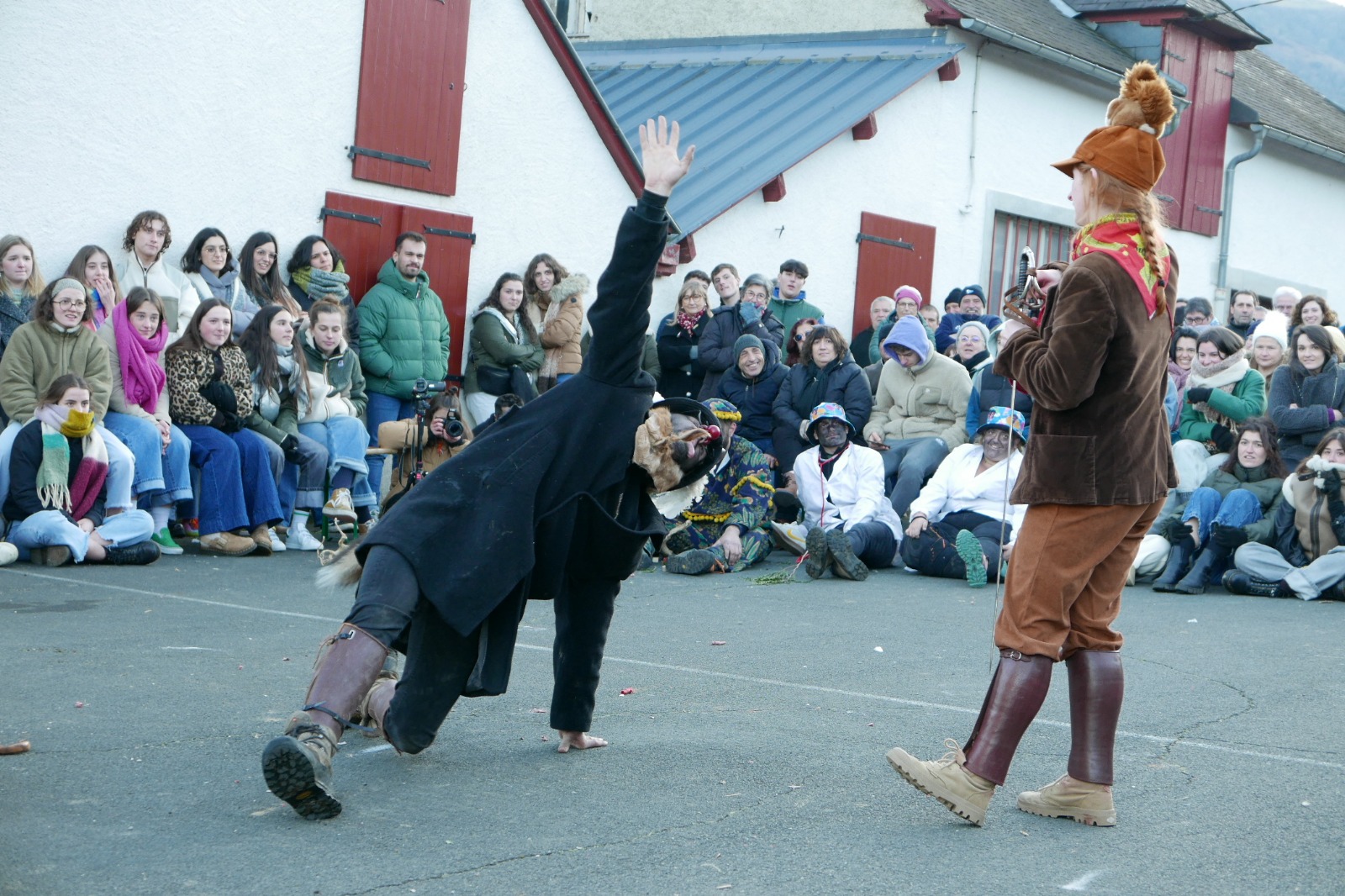
.jpg)

